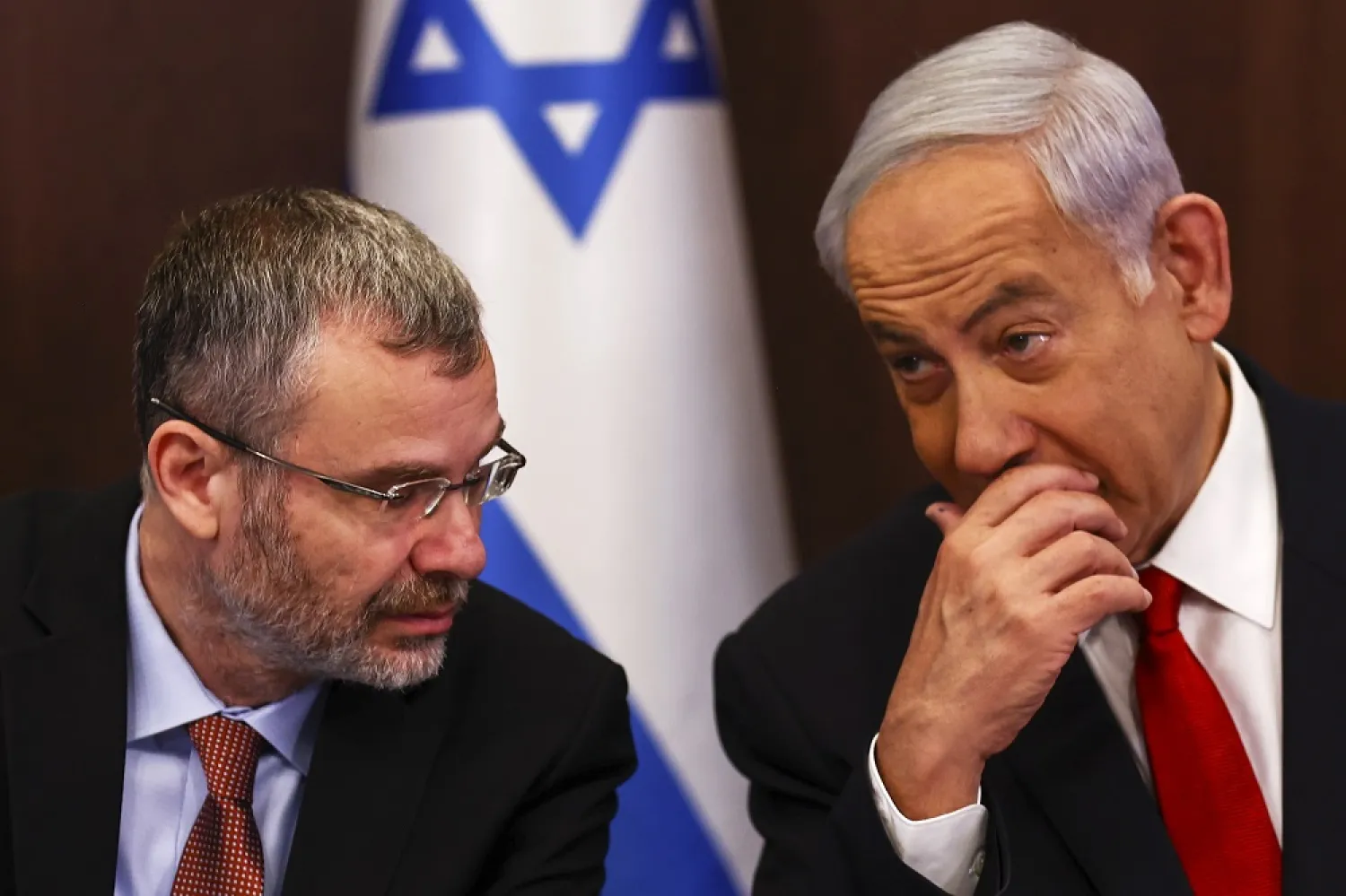Israel's strategic position has experienced a “serious decline” in recent months, according to a warning from the research department at the Military Intelligence Directorate in the Israeli Defense Forces (Aman).
The decline is attributed to a significant rift within the Jewish community resulting from the government's plan to overthrow the governance system and overhaul the judiciary.
These policies are impacting the military and Israeli-US relations, but have also seen intensified Israeli airstrikes on Syria.
Israel’s enemies have taken note of its weakened state, particularly in relation to the “distance between Tel Aviv and Washington,” said Aman’s report.
The report highlighted Iran as the primary beneficiary, given that Israel is unable to confront its nuclear program or engage it in battle without US support.
However, other actors may also be taking advantage of the situation.
Aman’s research department prepared an official memorandum warning of the serious decline in Israel’s deterrence power.
The memorandum was submitted to the Israeli army and political-security leadership, including Prime Minister Benjamin Netanyahu, Defense Minister Yoav Gallant, and National Security Advisor Tzachi Hanegbi, reported Israel Hayom on Tuesday.
The Aman report stated that “the deterioration of Israel's strategic situation is reflected in all elements of the axis hostile to Israel, led by Iran.”
“Evidence of this appears in the successive meetings between Hezbollah Secretary-General Hassan Nasrallah and leaders of Hamas and Islamic Jihad to coordinate positions,” claimed the report.
“Iranian officials are conducting similar contacts, and it is likely that Iran has increased its pressure on various parties in the axis to carry out armed operations in Israel,” it added.
Israeli newspaper Haaretz reported that “consecutive Israeli attacks on Syria in recent days are an attempt to restore Israel’s deterrence power and reinforce the balance of fear against Iran and Hezbollah.”









